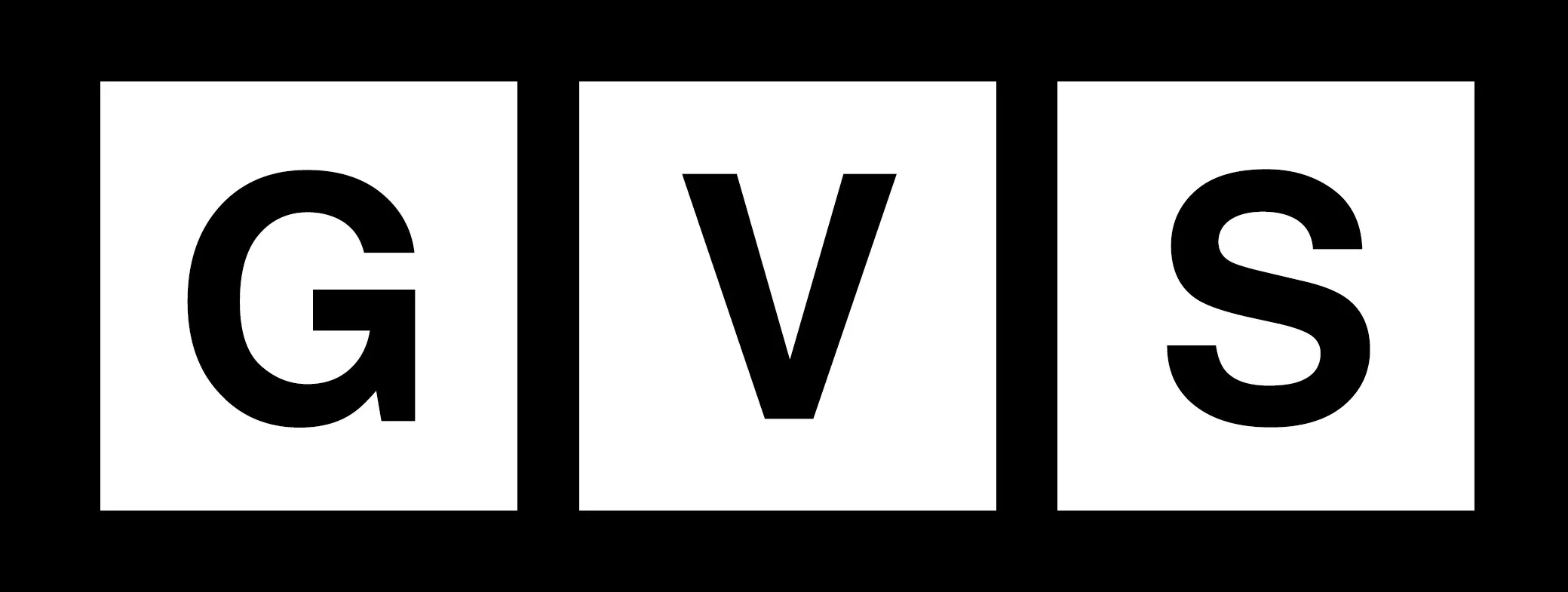Boeing Implements Furloughs and Cost-Cutting Measures in Response to Strike
Boeing, the Virginia-based aerospace giant, is set to implement furloughs and other cost-cutting measures as a response to an ongoing strike by the International Association of Machinists and Aerospace Workers (IAM). The strike, which began a week ago, has halted commercial airplane production in the Pacific Northwest, where Boeing’s operations are primarily concentrated.
In a memo sent out on September 18, Boeing CEO Kelly Ortberg announced that designated employees would be required to take one week of unpaid leave every four weeks on a rolling basis for the duration of the strike. This temporary furlough will impact a large number of executives, managers, and other employees in the United States. Ortberg also mentioned that senior executives, including himself, would be taking pay cuts, although the exact extent of these cuts was not specified.
The IAM, which represents over 33,000 employees across Washington state, Oregon, and California, voted overwhelmingly to strike after rejecting Boeing’s offer of a 25 percent wage increase spread over four years. The union is now demanding a 40 percent wage increase, annual bonuses, and a return to a pension system that was not secured in a 2014 contract extension.
Despite the disruptions caused by the strike, Ortberg assured employees that production of the 787 Dreamliner at Boeing’s non-union South Carolina plant would resume. He emphasized that activities critical to safety, quality, customer support, and key certification programs would be prioritized and continue.
In addition to the furloughs, Boeing has implemented a hiring freeze, reduced spending on suppliers, and cut most business travel. These measures are aimed at preserving cash and ensuring the company’s successful recovery from the challenges it currently faces.
Negotiations between Boeing and the IAM, mediated by the Federal Mediation and Conciliation Service, are ongoing but have yet to yield a breakthrough. The IAM expressed frustration in a recent update, stating that the company was unprepared and unwilling to address the essential issues of wages and pensions.
Boeing also faces the risk of a credit rating downgrade if the strike is not resolved soon. Ratings agency Moody’s has placed Boeing on review for a potential downgrade, while Fitch has warned that a strike lasting more than two weeks would increase the likelihood of a downgrade. This potential downgrade could make borrowing more expensive for the company.
Overall, Boeing’s decision to implement furloughs and cost-cutting measures reflects the significant impact of the ongoing strike on its operations. The company is taking steps to preserve cash and navigate through this challenging time. However, the resolution of the strike and successful negotiations with the IAM remain crucial for Boeing’s long-term future and financial stability.
